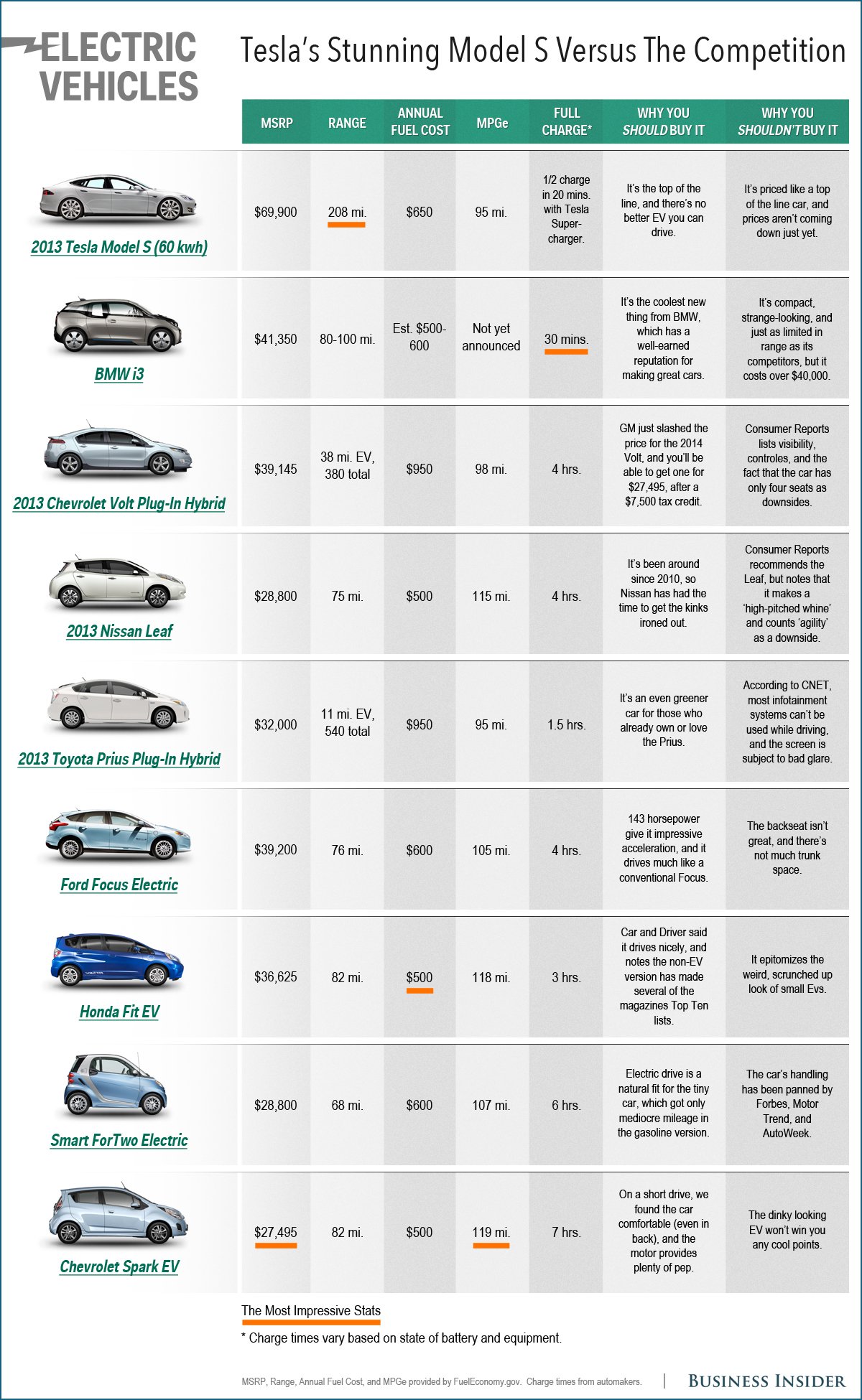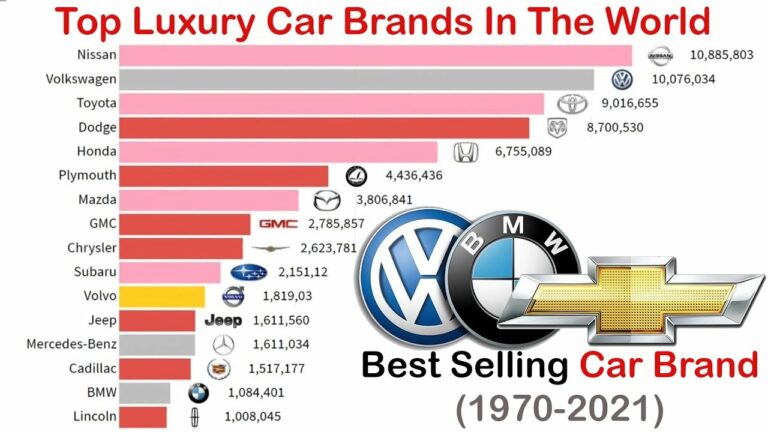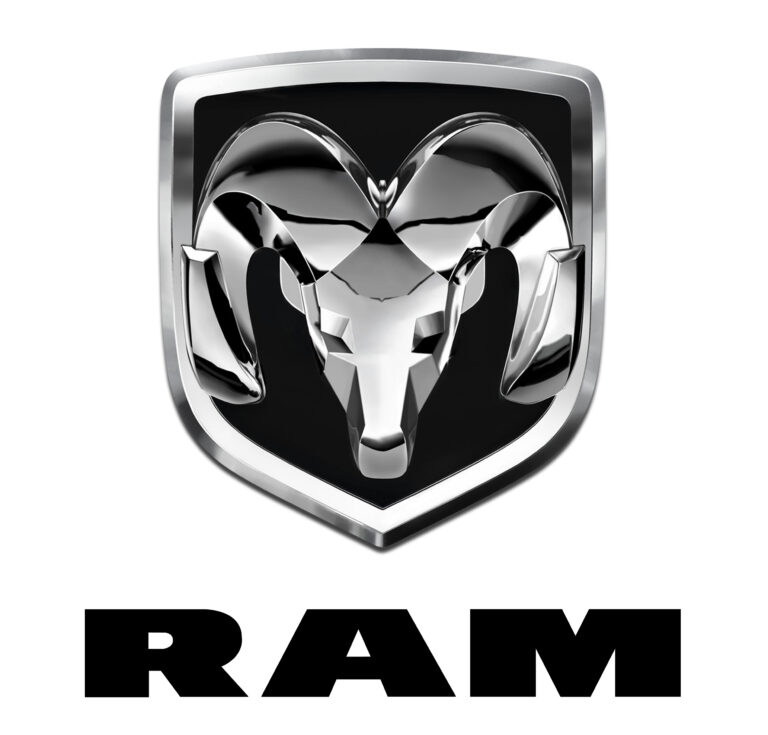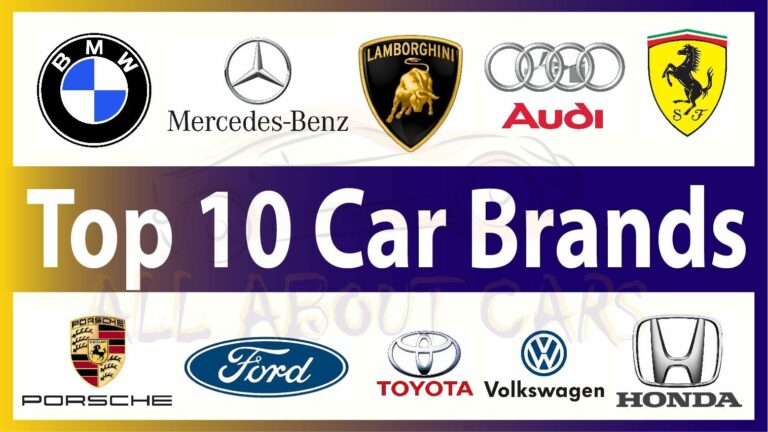Hybrid Car Brands: A Comprehensive Guide to Eco-Friendly Driving
Hybrid Car Brands: A Comprehensive Guide to Eco-Friendly Driving cars.truckstrend.com
The automotive landscape is undergoing a monumental shift, driven by a global push for sustainability and efficiency. At the heart of this transformation lies the hybrid car, a brilliant innovation that seamlessly blends the traditional internal combustion engine with an electric motor. Hybrid vehicles offer a compelling middle ground between conventional gasoline-powered cars and fully electric vehicles (EVs), providing enhanced fuel economy, reduced emissions, and a smoother driving experience without the range anxiety often associated with early EVs.
From their humble beginnings as niche vehicles, hybrids have evolved into a diverse and highly sought-after category, with nearly every major automotive manufacturer now offering a range of hybrid models. Understanding the various hybrid car brands, their technological approaches, and their flagship models is crucial for anyone considering making the leap towards a greener, more efficient mode of transportation. This guide will delve into the world of hybrid car brands, exploring their history, their current offerings, and what makes each unique.
Hybrid Car Brands: A Comprehensive Guide to Eco-Friendly Driving
The Dawn of Hybrid Innovation: Pioneers and Early Adopters
The story of modern hybrid cars largely begins with two Japanese giants: Toyota and Honda. These brands were true pioneers, taking the audacious step of introducing mass-market hybrid vehicles when the concept was still largely unfamiliar to the public.
Toyota, without a doubt, stands as the undisputed leader in hybrid technology. Their groundbreaking Prius, launched in Japan in 1997 and globally in 2000, was the world’s first mass-produced hybrid car. It quickly became synonymous with fuel efficiency and environmental consciousness, setting the benchmark for the segment. Toyota’s commitment to hybrid technology was unwavering, investing heavily in research and development and integrating their Hybrid Synergy Drive system across a vast array of their models.
Honda also played a significant early role with the introduction of the Insight in 1999, predating the Prius in the North American market. While the Insight took a different technological approach (Integrated Motor Assist, or IMA), it showcased Honda’s innovative spirit and contributed to the nascent hybrid market. Both brands faced initial skepticism but persevered, laying the foundation for the hybrid revolution we see today.
Mainstream Adoption: Brands Leading the Charge
Following the success of the early pioneers, other major automotive brands recognized the immense potential of hybrid technology. Today, the market is rich with options, offering hybrids in nearly every vehicle segment.

Toyota (and Lexus): Beyond the iconic Prius, Toyota’s hybrid dominance extends across its entire lineup. Models like the Camry Hybrid, RAV4 Hybrid, Highlander Hybrid, and Sienna Hybrid consistently rank among the best-selling hybrids globally. Their luxury division, Lexus, leverages Toyota’s proven hybrid system to offer refined and efficient luxury vehicles such as the RX Hybrid, ES Hybrid, and NX Hybrid, combining fuel economy with premium comfort and performance. Toyota’s strategy of offering hybrid options for most of their popular models has solidified their market leadership.
-
Honda: While Toyota often gets the spotlight, Honda continues to be a strong contender in the hybrid space. Their current lineup features popular models like the CR-V Hybrid, Accord Hybrid, and the reintroduced Civic Hybrid. Honda’s hybrids are known for their refined driving dynamics and excellent fuel efficiency, often employing a two-motor hybrid system that prioritizes electric drive at lower speeds.
-
Hyundai and Kia: These South Korean sister brands have made remarkable strides in the hybrid market, offering a compelling blend of value, technology, and stylish design. Their dedicated hybrid models like the Hyundai Ioniq (available as HEV, PHEV, and EV) and the Kia Niro (also HEV, PHEV, and EV) have garnered significant praise. Beyond these, popular SUVs like the Hyundai Santa Fe Hybrid/PHEV, Tucson Hybrid/PHEV, and Kia Sorento Hybrid/PHEV, Sportage Hybrid/PHEV provide efficient options in the competitive SUV segment. Their aggressive warranties and feature-rich interiors make them attractive choices.
-
Ford: The American automotive giant has made a strong resurgence in the hybrid market, particularly with its popular trucks and SUVs. The Ford Escape Hybrid and Maverick Hybrid (a compact pickup truck) offer excellent fuel economy in their respective categories. The groundbreaking F-150 PowerBoost hybrid, the first full-size hybrid pickup, demonstrates Ford’s commitment to bringing hybrid technology to work vehicles, offering impressive power and onboard generator capabilities.

The Luxury Hybrid Experience: Performance Meets Efficiency
Hybrid technology isn’t just about maximizing miles per gallon; it’s also about enhancing performance and providing a sophisticated driving experience. Several luxury brands have embraced hybrids, often integrating them as part of their broader electrification strategies, frequently as Plug-in Hybrid Electric Vehicles (PHEVs).
- Lexus: As mentioned, Lexus is a dominant force in luxury hybrids, offering a wide range of models that combine Toyota’s reliability with Lexus’s renowned refinement.
- BMW, Mercedes-Benz, Audi: These German luxury powerhouses primarily focus on mild hybrids (MHEVs) and plug-in hybrids (PHEVs). MHEVs provide subtle fuel savings and smoother auto start/stop functions, while PHEVs offer significant electric-only range. BMW’s "iPerformance" line (e.g., X5 xDrive45e, 330e) and Mercedes-Benz’s "EQ Power" models (e.g., C300e, GLE 450e) offer potent combinations of electric power and gasoline engines, delivering both performance and efficiency. Audi also offers PHEV variants like the Q5 TFSI e and A7 TFSI e.
- Volvo: Volvo has fully committed to electrification, offering a "Recharge" variant for every model in its lineup, predominantly as PHEVs (e.g., XC60 Recharge, S60 Recharge). These vehicles offer impressive electric range, strong performance, and Volvo’s signature safety and Scandinavian design.
- Porsche: Even high-performance brands like Porsche have embraced hybridization. The Panamera E-Hybrid and Cayenne E-Hybrid combine thrilling performance with surprising fuel efficiency, showcasing how hybrid technology can enhance, rather than compromise, the driving experience.
- Land Rover: Luxury SUVs like the Range Rover Sport P400e also offer PHEV options, providing off-road capability with improved efficiency.
The Rise of Plug-in Hybrid Electric Vehicles (PHEVs): A Deeper Dive
While traditional "full hybrids" (HEVs) like the Prius recharge their batteries solely through regenerative braking and the gasoline engine, Plug-in Hybrid Electric Vehicles (PHEVs) represent an evolution. PHEVs feature larger battery packs that can be charged externally, similar to a pure EV. This allows them to travel significant distances (typically 20-50+ miles) on electricity alone, offering the potential for zero-emission daily commutes. When the electric range is depleted, the gasoline engine seamlessly takes over, eliminating range anxiety for longer trips.
Many brands are now heavily investing in PHEVs:
- Toyota: The RAV4 Prime and Prius Prime are highly sought-after PHEVs, offering substantial electric range and impressive performance.
- Hyundai/Kia: Models like the Tucson PHEV, Santa Fe PHEV, and Sorento PHEV provide strong electric-only ranges in popular SUV formats.
- Chrysler: The Pacifica Hybrid minivan is a leading PHEV, offering family-friendly utility with excellent fuel economy and electric range.
- Mitsubishi: The Outlander PHEV was an early and popular entrant into the segment, known for its all-wheel-drive capability.
- Many of the luxury brands mentioned above (BMW, Mercedes-Benz, Volvo, Audi, Porsche) also have robust PHEV offerings, often emphasizing performance alongside efficiency.
PHEVs offer the best of both worlds for many drivers, allowing for electric-only driving for most daily tasks while retaining the flexibility of a gasoline engine for longer journeys without the need for public charging infrastructure on the road.
Understanding Hybrid Technologies: Types and Benefits
To truly appreciate hybrid car brands, it’s essential to understand the different types of hybrid technologies they employ:
- Mild Hybrids (MHEV): These systems use a small electric motor and battery (typically 48-volt) to assist the gasoline engine, primarily for functions like engine start/stop, minor torque assist during acceleration, and powering accessories. They cannot drive on electric power alone for any sustained period. Many new conventional cars now incorporate MHEV systems for subtle efficiency gains and smoother operation (e.g., many modern BMWs, Mercedes-Benzes, and some Ford models).
- Full Hybrids (HEV): This is the most common type (e.g., Toyota Prius, Honda CR-V Hybrid). HEVs can drive short distances (typically 1-2 miles) at low speeds purely on electric power. The electric motor and gasoline engine can work independently or together, optimizing efficiency. The battery is recharged by the gasoline engine and regenerative braking.
- Plug-in Hybrids (PHEV): As discussed, PHEVs have larger batteries that can be charged externally and offer a significant electric-only driving range before the gasoline engine takes over.
- Series Hybrids: The gasoline engine acts solely as a generator for the electric motor, which drives the wheels (e.g., BMW i3 REx in range-extender mode). Less common as a primary design.
- Parallel Hybrids: Both the electric motor and gasoline engine can directly power the wheels, independently or together (most common full hybrid setup, like Toyota’s).
- Series-Parallel (or Power-Split) Hybrids: A combination of both, allowing for the most flexible power delivery (e.g., Toyota Hybrid Synergy Drive).
Key Benefits Across Hybrid Brands:
- Fuel Efficiency: Significantly lower fuel consumption, especially in city driving where hybrids excel at using electric power and regenerative braking.
- Reduced Emissions: Lower CO2 and pollutant emissions compared to conventional gasoline cars.
- Lower Running Costs: Less money spent on fuel, and often lower maintenance costs due to less wear on the engine and brakes (thanks to regenerative braking).
- Quieter Operation: Electric-only driving at low speeds is virtually silent.
- Performance Boost: Electric motors can provide instant torque, enhancing acceleration.
- Tax Incentives/Rebates: Some hybrids, particularly PHEVs, may qualify for government incentives.
Choosing the Right Hybrid Brand: Key Considerations
With so many excellent hybrid options available, selecting the right one requires careful consideration:
- Reliability and Durability: Brands like Toyota and Lexus have an exceptional track record for hybrid system reliability and battery longevity. Research specific model reliability ratings.
- Fuel Efficiency Needs: Compare EPA estimated MPG ratings for different models. Consider your typical driving cycle (more city driving benefits hybrids more).
- Driving Experience: Test drive several models. Do you prefer a sporty feel (e.g., some luxury PHEVs) or a smooth, quiet ride (e.g., Toyota Camry Hybrid)?
- Vehicle Type and Size: Sedans, SUVs, minivans, and even trucks are now available as hybrids. Choose a vehicle that fits your lifestyle and capacity needs.
- Budget: Hybrid models often have a slightly higher upfront cost than their conventional counterparts, but the fuel savings typically offset this over time. Consider new vs. used options.
- Warranty: Pay close attention to the hybrid system and battery warranty, which are often longer than standard vehicle warranties (e.g., 8 years/100,000 miles or more, sometimes 10 years/150,000 miles in CARB states).
- Charging Capability (for PHEVs): If considering a PHEV, assess your access to home charging (Level 1 or Level 2) and public charging infrastructure.
- Resale Value: Hybrid models, especially from reputable brands, tend to hold their value well due to sustained demand for fuel efficiency.
Practical Advice and Actionable Insights
- Test Drive Multiple Models: The feel and performance can vary significantly between brands and hybrid types.
- Calculate Potential Savings: Use online calculators to estimate your fuel savings based on your annual mileage and local gas prices.
- Understand Your Commute: If you have a short, predictable commute, a PHEV might allow you to drive almost entirely on electricity. If you do mostly highway driving, a traditional HEV will still offer benefits but perhaps less dramatic savings than in city driving.
- Read In-Depth Reviews: Consult reputable automotive publications and owner forums for insights into specific models.
- Consider Certified Pre-Owned (CPO): CPO hybrid vehicles can offer excellent value, often with extended warranties and rigorous inspections.
Concluding Summary
The world of hybrid car brands is a testament to automotive innovation, offering a diverse and increasingly sophisticated range of vehicles designed to meet the demands of modern drivers. From Toyota’s pioneering efforts to the luxury and performance-focused PHEVs from European marques, there is a hybrid solution for nearly every need and budget. These vehicles provide a compelling blend of fuel efficiency, reduced environmental impact, and a refined driving experience, making them a smart and sustainable choice for today’s roads. As technology continues to advance, hybrid cars will undoubtedly remain a vital bridge on the journey towards a fully electrified automotive future, offering a practical and eco-conscious pathway for millions of drivers worldwide.
Estimated Starting MSRP Table for Popular Hybrid Car Models (New Models)
Please Note: Prices are estimated starting Manufacturer’s Suggested Retail Prices (MSRPs) for new models in the United States and are subject to change based on trim level, options, region, incentives, and market conditions. This table provides a representative snapshot and is not exhaustive of all hybrid models or brands.
| Brand | Model | Hybrid Type (Primary) | Estimated Starting MSRP (USD) | Key Feature/Benefit |
|---|---|---|---|---|
| Toyota | Prius | HEV | $27,950 | Iconic fuel efficiency, standard AWD available |
| RAV4 Hybrid | HEV | $31,725 | Popular compact SUV, great MPG, standard AWD | |
| Camry Hybrid | HEV | $28,855 | Mid-size sedan, reliable, comfortable ride | |
| RAV4 Prime | PHEV | $43,690 | Excellent EV range (~42 miles), quick acceleration | |
| Honda | CR-V Hybrid | HEV | $34,050 | Spacious compact SUV, refined driving, standard AWD |
| Accord Hybrid | HEV | $32,895 | Mid-size sedan, strong performance, premium interior | |
| Hyundai | Elantra Hybrid | HEV | $26,250 | Compact sedan, excellent value, great MPG |
| Tucson Hybrid | HEV | $32,575 | Stylish compact SUV, spacious interior, good features | |
| Santa Fe PHEV | PHEV | $42,410 | Mid-size SUV, good EV range (~30 miles), AWD | |
| Kia | Niro Hybrid | HEV | $28,315 | Compact crossover, versatile, high MPG |
| Sportage Hybrid | HEV | $28,595 | Bold design, spacious cabin, good tech | |
| Sorento PHEV | PHEV | $49,990 | Mid-size 3-row SUV, decent EV range (~32 miles), AWD | |
| Ford | Maverick Hybrid | HEV | $23,815 | Compact pickup, impressive fuel economy, practical |
| Escape Hybrid | HEV | $34,935 | Compact SUV, balanced performance, optional AWD | |
| F-150 PowerBoost | HEV | $58,970 | Full-size truck, powerful, Pro Power Onboard generator | |
| Lexus | ES 300h | HEV | $44,590 | Luxury sedan, very comfortable, excellent reliability |
| RX 350h | HEV | $52,000 | Luxury mid-size SUV, smooth ride, premium features | |
| BMW | 330e | PHEV | $46,500 | Sporty luxury sedan, decent EV range (~22 miles) |
| X5 xDrive50e | PHEV | $72,500 | Luxury mid-size SUV, strong performance, good EV range | |
| Volvo | XC60 Recharge | PHEV | $58,395 | Luxury compact SUV, strong EV range (~41 miles), safe |
| S60 Recharge | PHEV | $54,100 | Luxury compact sedan, powerful, comfortable | |
| Chrysler | Pacifica Hybrid | PHEV | $53,700 | Only hybrid minivan, excellent EV range (~32 miles) |
Frequently Asked Questions (FAQ) about Hybrid Car Brands
Q1: Are hybrid cars reliable?
A1: Yes, generally, hybrid cars are very reliable. Brands like Toyota and Lexus, in particular, have an excellent reputation for hybrid system durability. The complex interplay of the engine and electric motor is managed by sophisticated software, and components are designed for longevity. Many hybrid batteries are designed to last the life of the vehicle, often exceeding 150,000 to 200,000 miles.
Q2: Do hybrid car batteries need to be replaced often? And how much does it cost?
A2: No, not often. Hybrid batteries are designed to last a very long time, typically 8 to 10 years or 100,000 to 150,000 miles, often covered by long warranties from the manufacturer. Replacement costs, if necessary outside of warranty, can vary widely, but are generally in the range of $2,000 to $8,000, depending on the specific model and battery type. However, instances of full battery replacement are becoming less common as technology improves.
Q3: Is a hybrid car right for me?
A3: A hybrid car is a great choice if you prioritize fuel efficiency, want to reduce your carbon footprint, and appreciate a quieter, smoother driving experience. They are particularly beneficial for city driving and stop-and-go traffic, where they maximize electric motor usage and regenerative braking. If you have a short daily commute and can charge at home, a Plug-in Hybrid Electric Vehicle (PHEV) could allow you to drive on electricity alone for most of your daily needs.
Q4: Do hybrids save a lot on gas?
A4: Yes, hybrids can offer significant fuel savings compared to their conventional gasoline counterparts. The exact savings depend on the specific model, your driving habits, and the type of hybrid. Full hybrids and PHEVs tend to offer the most substantial savings, especially in urban environments where they can operate frequently on electric power.
Q5: What’s the main difference between a hybrid, a plug-in hybrid (PHEV), and a pure electric vehicle (EV)?
A5:
- Hybrid (HEV): Combines a gasoline engine and an electric motor. The battery recharges from the engine and regenerative braking. Cannot be plugged in.
- Plug-in Hybrid (PHEV): Also combines a gasoline engine and an electric motor, but has a larger battery that can be charged by plugging into an external power source. Offers a significant electric-only driving range (typically 20-50+ miles) before the gasoline engine takes over.
- Pure Electric Vehicle (EV): Runs solely on electricity, powered by a large battery pack and electric motors. Has no gasoline engine and must be plugged in to recharge.







